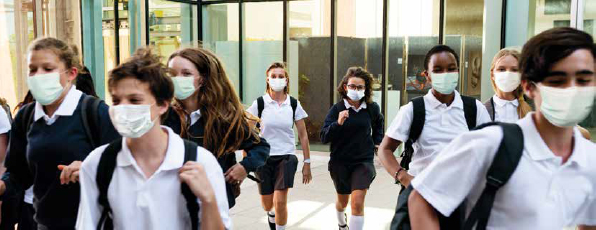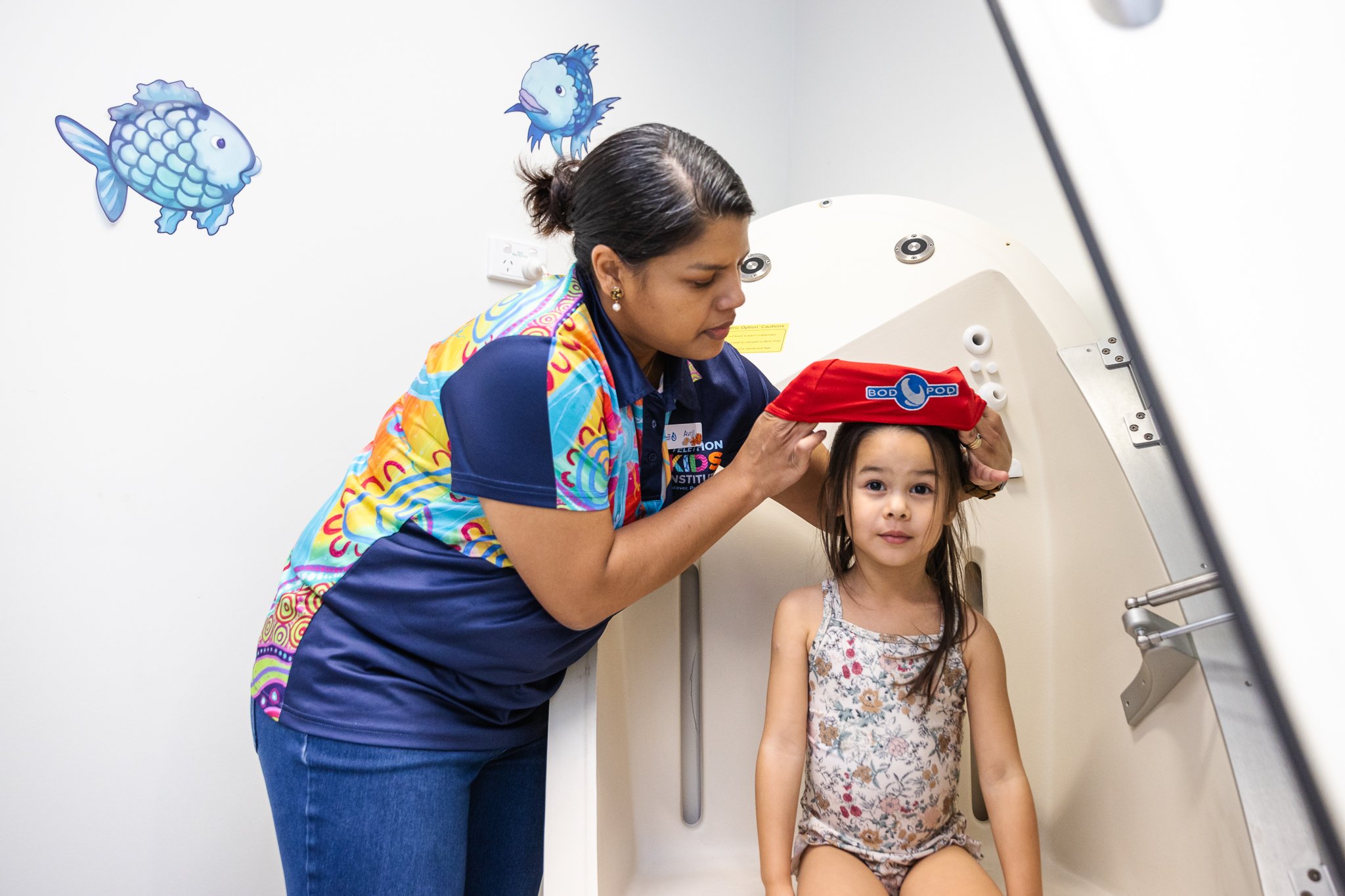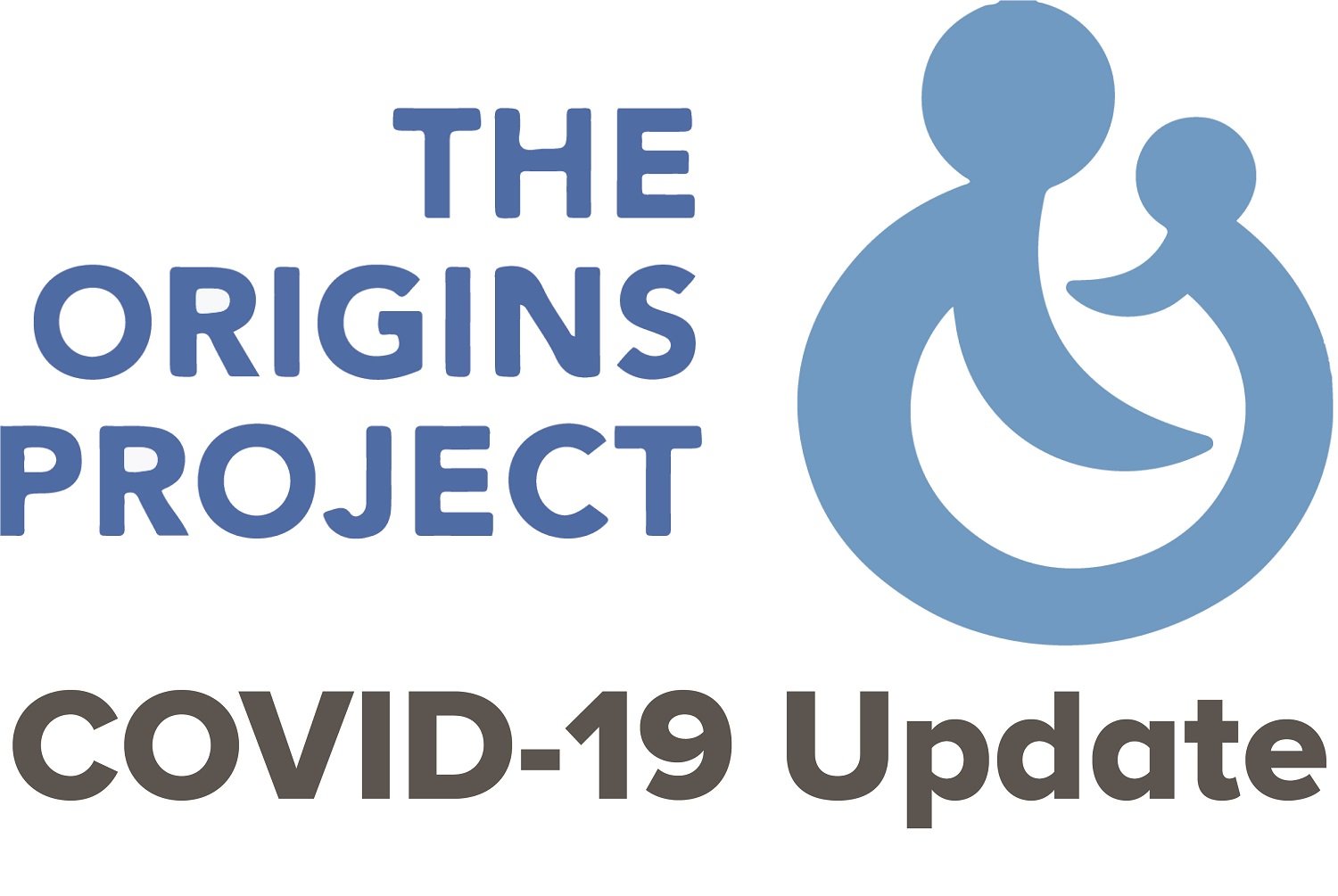Search

News & Events
How the pandemic has shaped the mental health of our kidsThe Kids Research Institute Australia researchers went into 79 WA primary and secondary schools in 2020.

News & Events
School routes swimming in junk food adsPerth children are being exposed to thousands of junk food ads every year on their way to and from school, a study led by The Kids Research Institute Australia has found.

News & Events
Consumer engagement jewel recognised for changing the conversation on health researchPioneering health consumer advocate Anne McKenzie AM has been awarded the National Health and Medical Research Council’s prestigious Consumer Engagement Award in recognition of an almost 30-year career.

News & Events
Youth mental health survey during COVID lockdown supports calls for “blended” servicesA state-wide survey conducted by The Kids Research Institute Australia researchers has found there are significant benefits to offering youth mental health treatment via telehealth services.

News & Events
Helping WA kids through the state’s snap lockdownWA’s sudden lockdown has come as a shock to most of us. The Kids Research Institute Australia researcher and psychologist Dr Monique Robinson says parents should keep a close eye on their children who may be feeling anxious or disappointed as a result.

News & Events
Minderoo Foundation funds vaccine trial to protect WA healthcare workers from COVID-19At least 2,000 WA healthcare workers will help test whether an existing tuberculosis vaccine can reduce their chance of COVID-19 infection, lessen the severity of symptoms and boost immunity.

News & Events
Join our Weight & Body Composition Working GroupInterested in research into weight and body composition?

News & Events
COVID-19 Update: 27 June 2021COVID-19 27 June 2021 Update: It is business as usual for ORIGINS, though masks must be worn.

News & Events
ORIGINS Family Day 2021ORIGINS says thank you to our gorgeous families with a Family Fun Day at the Pearsall Hocking Community Centre.

News & Events
ORIGINS has welcomed its 4,000th familyORIGINS has recently welcomed its 4,000th family into the study.
